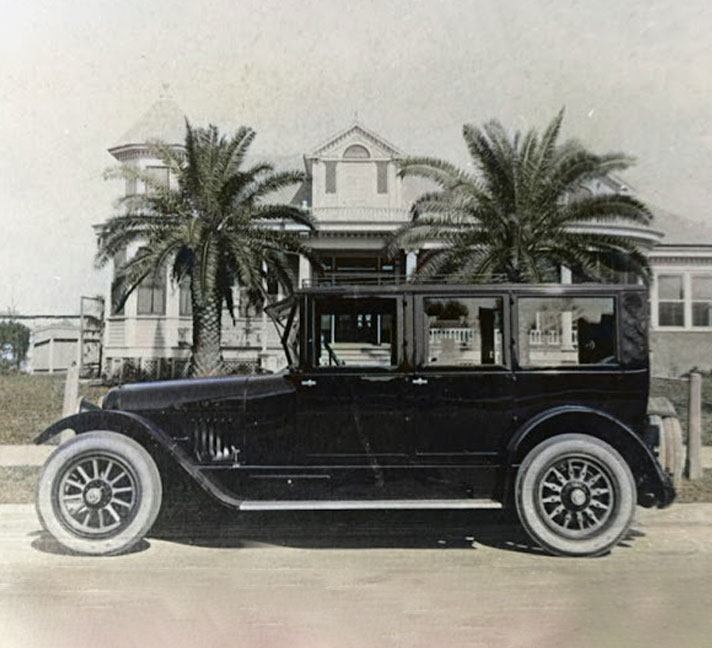How to Appeal a Denied SSD Claim in Louisiana

Social media is a valuable tool that allows people to stay connected with loved ones, meet new people, network with others for their business, share moments in their lives, and much more. In 2020, over 3.6 billion people were using social media worldwide. That number is expected to increase to almost 4.41 billion in 2025. As popular and fun as using Facebook, Instagram, Twitter, and Snapchat can be, however, they can sometimes harm you unexpectedly if you’re involved in a personal injury claim or accident lawsuit. It’s important to know how to protect yourself online while pursuing an injury case, which is why the Cox Law Firm team discuss using social media in the blog below. For more information or assistance with your claim, call our Lake Charles office at 337-436-6611 or fill out an online form.
Social Media Laws in Louisiana
Photos, videos, location updates, messages, and comments can be shared by social media users publicly, privately or to certain groups of people. Can this content be used as evidence? Courts across the United States have allowed social media information to be used as evidence, but it must be relevant to the case, the American Bar states. The information should also be authentic and reliable. Using social media as evidence can be especially vague and murky when it comes to deciding what information is “private” and how it can be obtained ethically. Previous cases in Louisiana regarding discoverability, or how easy it is to find something, can be used to guide future cases involving social media. For example, in a case from 2014, the defendant demanded to gain access to or reproduce copies of all the plaintiff’s social media accounts, public and private. The court deemed that complete access to the plaintiff’s personal information was beyond the scope of standard discovery, similar to rummaging through “desk drawers and closets in plaintiff’s home.” However, this doesn’t mean that social media content is completely off limits as evidence. All cases are unique, and some posts can still be used against you in your case.
Posts May Show Physical Status
If you say or share something on social media that contradicts what you’re claiming in a lawsuit, it can hurt your chances of winning or recovering damages, or financial compensation. For example, if you were recently involved in a car accident and you’re filing a personal injury lawsuit against the other driver, you’re probably seeking compensation for medical bills, pain and suffering, and disability. However, if your Facebook posts show that you’re excited to participate in an upcoming marathon, your claim that you’re in pain and unable to work will be called into question. Social media posts can unintentionally show others what you’re physically capable of doing following an accident.
Posts by Others Can Hurt Your Case
Even if you’re being completely honest about your injuries and abilities following an accident, an innocent post or photo by another person can be twisted and used against you. Let’s say you’re suffering from neck and back injuries, but you were still able to attend a wedding. Someone posted a photo of you smiling and crossing the dance floor to get to your seat on Instagram. Even though you were seated and in pain most of the night, a defense attorney for the other party may use this photo to argue that your injuries are exaggerated. It’s not just photos or videos published by family and friends, either. Even comments or text posts on your social media pages by others may potentially hurt your case. People who say that you seem to be recovering well or hope that you win a lot of money in your lawsuit can be used to judge your character negatively in your case.
What to Do on Social Media While Pursuing Your Claim
Even if you set your accounts to private, a court can ask you to produce records for your case. The defense can also ask your friends or followers to give them information voluntarily. Setting your account or posts to private isn’t enough to protect your information from being used as evidence. The safest thing to do when pursuing a personal injury claim is to temporarily stop using all of your social media accounts. You may think that you can filter your posts or continue to share things safely, but it’s very easy to say something that can be used against you. Furthermore, it’s difficult to filter other people’s content on your page. Temporarily shut down your social media accounts or stop using them. Change your settings so that others cannot post or tag you in posts, either. Put all friend requests from new users on hold for now. This is the best way to avoid letting the other party take your social media content out of context and use it against you.
Seek Legal Support for Your Injury Case
At the Cox Law Firm, we’re experienced in handling and winning personal injury claims in the state of Louisiana. We can help you build, file, and present your claim, as well as advise you on how to navigate social media and its complications during your lawsuit.
Contact our firm by calling our Lake Charles office at 337-436-6611. You may also schedule your free initial consultation by completing our online form on our website. For more legal resources and firm news, like and follow our Facebook page.
Request Your
Free Consultation
Fields Marked With An “ * ” Are Required

